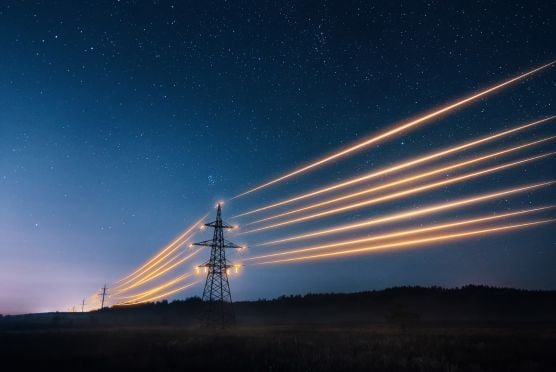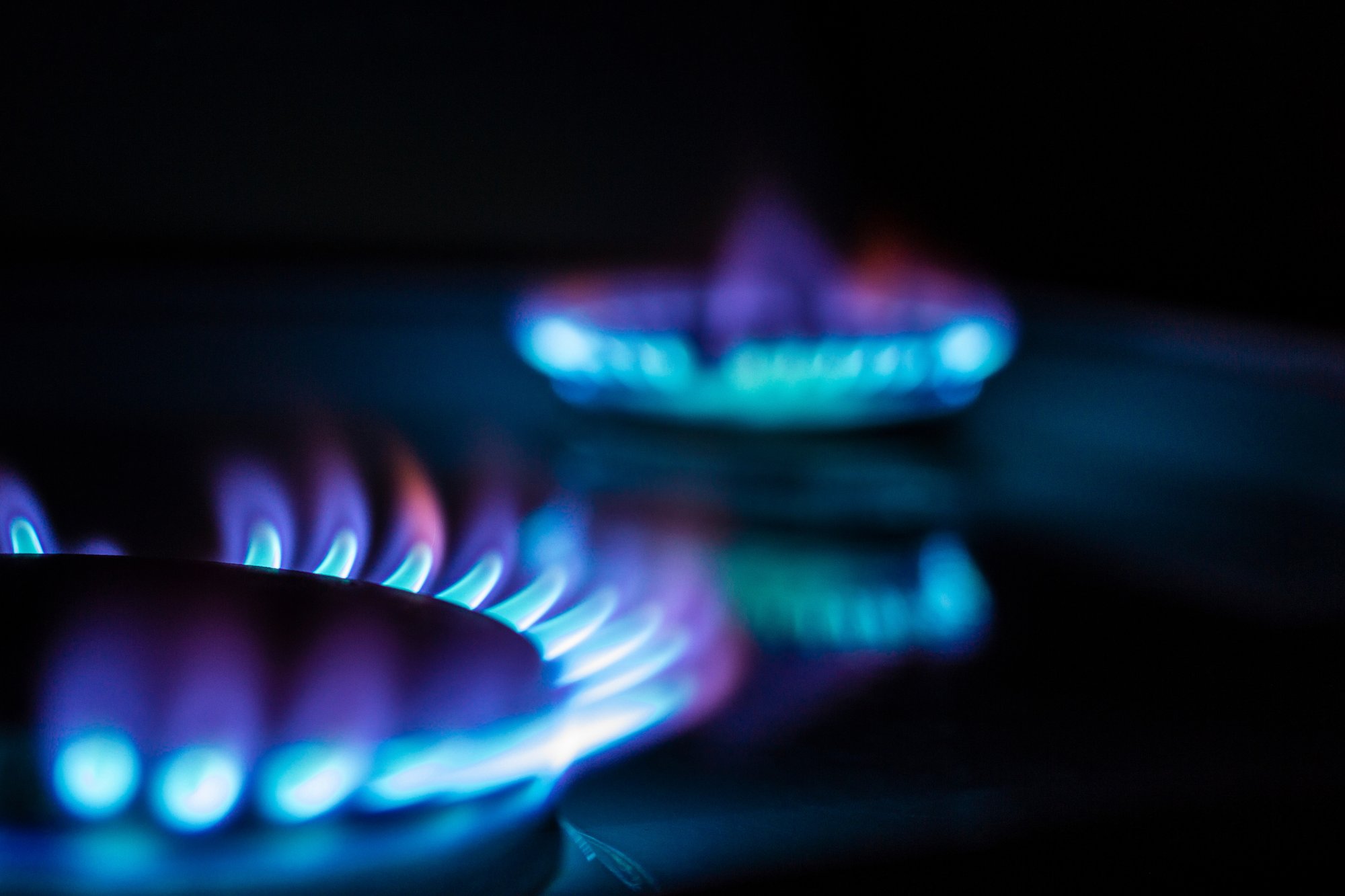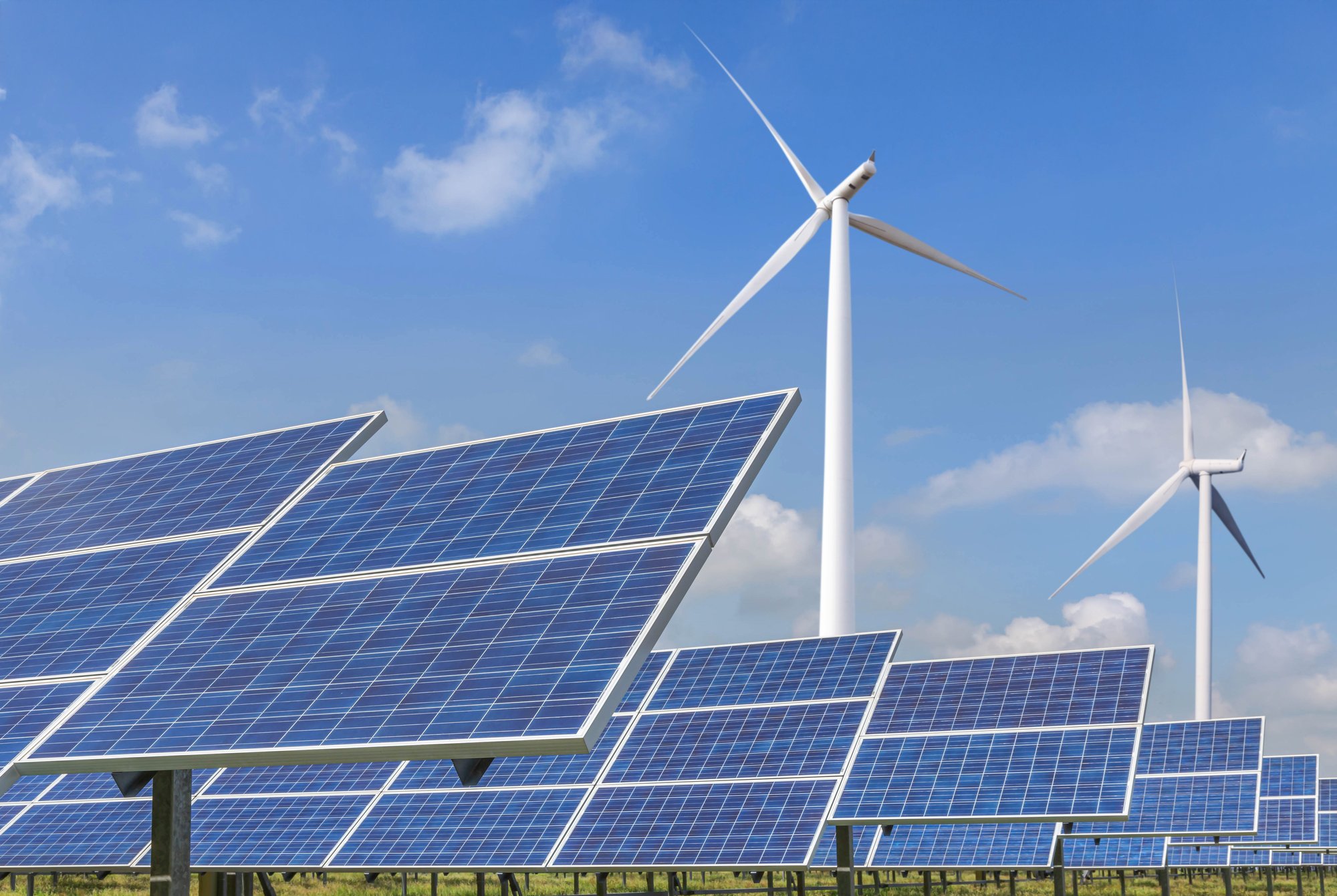Energy procurement.

Making business
energy simple
Sorting out business energy contracts takes time, and most businesses don’t have much to spare. Prices change, contract terms can be confusing, and missing a renewal date could mean paying more than you should. It’s frustrating, but it doesn’t have to be.
At Troo, we make energy procurement simple. We don’t just compare prices and leave you to figure it out. We take the time to understand your business, find a contract that actually works for you, and make sure you stay in control of your energy costs. Whether it’s electricity, gas, water, or renewable energy, we’ll help you make the right choice and keep things running smoothly.
If you have a question, you can pick up the phone and speak to someone who knows your account. If a supplier issue crops up, we’ll take care of it. When your renewal is coming up, we’ll make sure you’re ahead of it. That’s why businesses rate us five stars. We don’t just sort contracts; we stick around to support you.
How we help you manage energy procurement
Compare options from 20+ suppliers
to help you make an informed choice
Choose between fixed or flexible contracts
depending on your business needs
Align multi-site contracts
to keep everything in sync.
Explore green energy options
to support your sustainability goals
Get ongoing support
so you’re never left chasing suppliers
Business electricity solutions.
Finding the right electricity contract can be time-consuming, especially when prices keep changing. Get clarity on your options and secure a deal that works for your business.

Business gas solutions.
Gas prices fluctuate, and contract terms can be unclear. Whether you want price certainty or the flexibility to respond to market changes, the right contract can help you manage costs effectively.

Commercial water solutions.
If you’ve never switched water suppliers, you could be missing out on lower costs or better service. See what’s possible and make an informed choice.

Green energy procurement.
Looking to reduce your carbon footprint? Not all green energy options are the same. Find out what works best for your business and sustainability goals.

Multi-site energy procurement.
Energy contracts across multiple locations can be hard to keep track of. A smarter approach could save you time, money, and admin stress.

Energy contract support.
Chasing suppliers and fixing billing mistakes shouldn’t be your problem. Our Troo Assure team handles the hassle for you, so you get the help you need without wasting time on energy admin.

Our approach.
Managing energy can be frustrating when contracts are unclear and support is hard to find. You deserve a service that puts your business first, with transparency, reliability, and expert guidance whenever you need it.

Download our energy procurement guide
Want to take control of your business energy?
Our free guide covers everything you need to know

FAQs
Your energy procurement questions answered
-
How does business energy procurement work?
Energy procurement is all about finding the right energy contract for your business. It’s not just about comparing prices, it’s about understanding your energy use, choosing between fixed and flexible contracts, and making sure the terms suit your business. At Troo, we do the legwork for you, ensuring you get a contract that keeps your costs under control and fits how you operate.
-
What’s the difference between fixed and flexible energy contracts?
-
A fixed-rate contract locks in your energy price for the duration of the deal, so your costs stay predictable no matter what happens in the market.
-
A flexible energy contract lets you buy energy in stages, taking advantage of price dips. It can save you money when the market drops, but if prices rise, your costs go up too. This approach suits businesses that are comfortable managing risk.
-
-
How long should my business energy contract be?
Most business energy contracts last one to five years, but the right length depends on your priorities:
- If you want budget certainty, a longer-term contract protects you from price hikes.
- If you think energy prices might drop, a shorter contract gives you the flexibility to renegotiate sooner.
- If your business is growing or relocating, a shorter deal might be the safer choice.
-
When is the best time to renew my energy contract?
Leaving it too late can cost you. Prices fluctuate based on market conditions, and if you wait until your renewal date, you may end up on expensive out-of-contract rates.
Ideally, start looking 6 to 12 months before your contract ends. That gives you time to find a deal while prices are still competitive. We monitor the market for you and let you know when it’s a good time to lock in a contract.
-
What happens if I don’t renew my contract before it ends?
If your contract expires without a new one in place, your supplier will move you onto out-of-contract rates. These are significantly higher and can fluctuate, meaning your bills could jump unexpectedly. Some suppliers will put you on deemed rates, which are just as expensive. We make sure you never fall into this trap by keeping track of your renewal date and getting everything sorted in advance.
-
Can I switch energy suppliers before my contract ends?
Most business energy contracts don’t allow early switching without an exit fee. However, there are times when switching early could still save you money, even with the penalty. We’ll check your contract and advise on whether it’s worth making a move.
-
Can I align contract end dates if I have multiple sites?
Yes, and it’s a smart move. If you have different contract end dates across multiple sites, it can be a nightmare to manage. We help businesses bring everything into sync, so you only have one renewal date to think about. This makes budgeting easier and gives you stronger buying power when negotiating new deals.
-
How do I know if I’m getting a good energy deal?
A low price is important, but a good deal is about more than just cost. You need to check:
- Contract terms: Are there any hidden fees or penalties?
- Supplier reputation: Are they known for good service and fair billing?
- Market conditions: Are you signing up at the right time, or could prices drop soon?
At Troo, we don’t just find the cheapest rate, we make sure you’re getting a contract that actually benefits your business.
-
What are third-party charges on my energy bill?
Your energy bill isn’t just the cost of gas or electricity. It also includes:
- Network charges: The cost of delivering energy to your premises.
- Government levies: Fees like the Climate Change Levy (CCL) that apply to business energy users.
- Capacity charges: Costs linked to the national grid ensuring supply availability
These charges can make up a large chunk of your bill, so it’s worth understanding what you’re paying for. We break this down for our customers so there are no surprises.
-
How does renewable energy procurement work?
There are a few ways businesses can go green:
- Green energy tariffs: Your supplier matches your usage with renewable energy sources.
- Power Purchase Agreements (PPAs): A long-term deal where you buy energy directly from a renewable generator.
- On-site generation: Installing solar panels or other renewable tech on your premises.
We help businesses explore their options, whether they want to reduce carbon emissions or improve their green credentials.
-
How can I avoid hidden fees in my energy contract?
Some contracts come with extra charges that aren’t always obvious, such as:
- Standing charges: A daily fee just for having an energy supply.
- Take-or-pay clauses: If you use less energy than expected, you might still have to pay for it.
- Pass-through costs: These can go up during your contract, increasing your bills.
We go through contracts with a fine-tooth comb to make sure there are no nasty surprises.